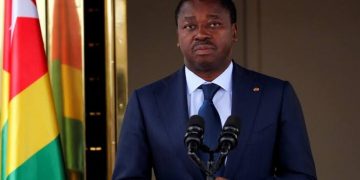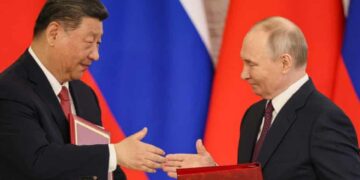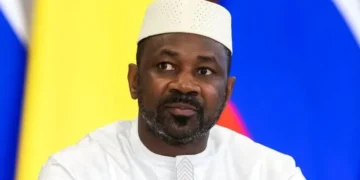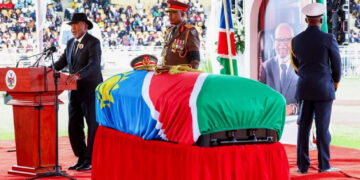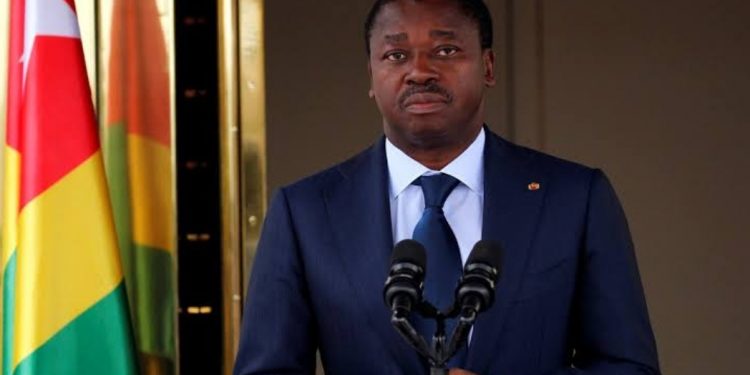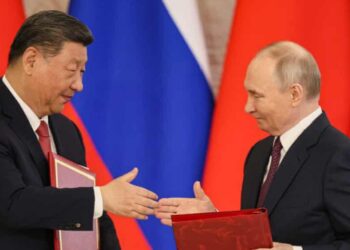Faure Gnassingbé has been sworn in as “President of the Council of Ministers,” a newly created role with no term limits that effectively cements his grip on Togo under the guise of parliamentary reform. The move follows constitutional changes that abolish direct presidential elections, replacing them with a system where lawmakers select the head of government.
Opposition groups have denounced the reforms as a thinly veiled power grab, allowing Gnassingbé, whose family has ruled Togo for 58 years, to extend his dynasty indefinitely. He inherited power in 2005 from his father, Gnassingbé Eyadéma, who governed the West African nation for 38 years until his death.
The new constitution, passed last year by a legislature dominated by Gnassingbé’s Union for the Republic party (108 of 113 seats), was delayed after widespread protests but has now taken effect. While the presidency becomes a ceremonial title, analysts note that Gnassingbé’s leadership of the executive Council of Ministers grants him broader authority than ever.
The first test of the revised system comes with July’s municipal elections, which will operate under the parliamentary framework. Critics, including exiled opposition leader Nathalie Yamb, have labeled the changes an “institutional coup,” arguing they formalize one-party rule.
Gnassingbé’s government defends the reforms as modernization, but the move aligns with a regional trend of leaders manipulating constitutions to prolong their reigns, from Ivory Coast’s Alassane Ouattara to Guinea’s Alpha Condé. With opposition voices marginalized and institutions under his control, Togo’s political future appears locked into the Gnassingbé dynasty for the foreseeable future.
